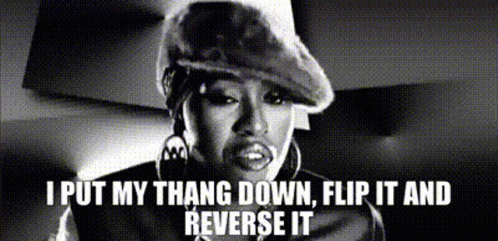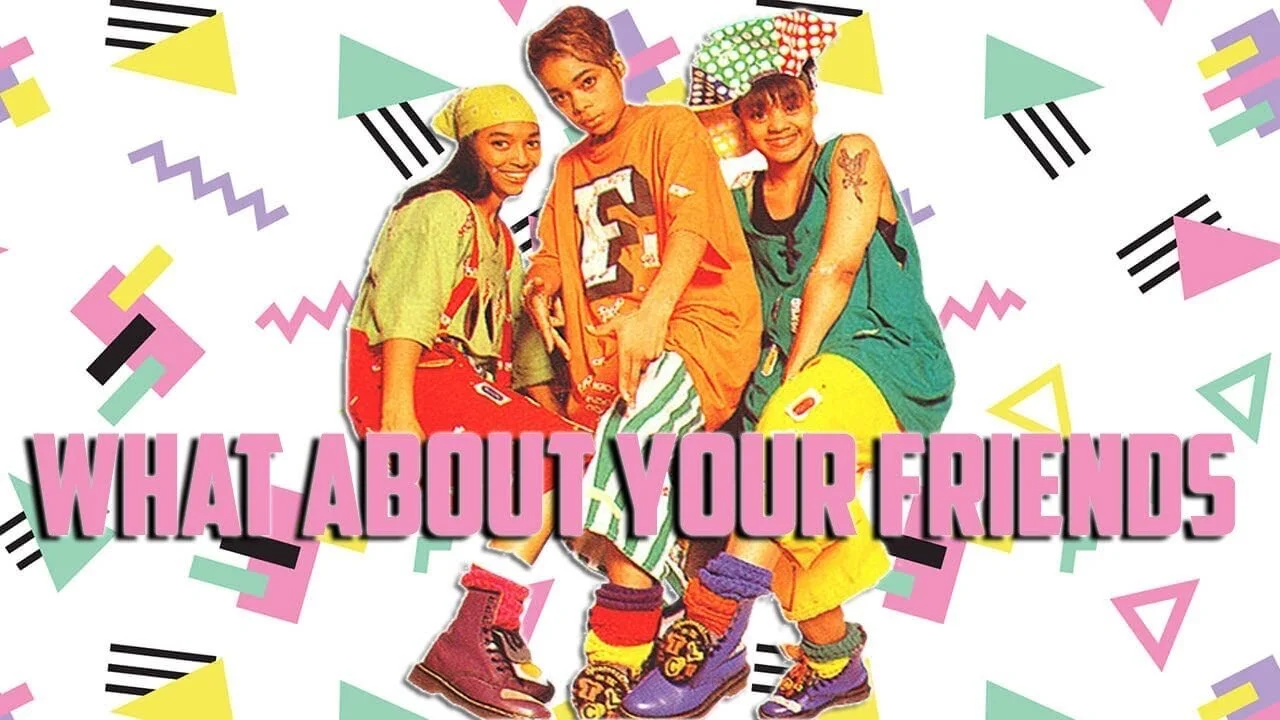The Fine Line of Being the Supportive Friend
July 17th 2020
TLC, “What About Your Friends”
The Fine Lines of Being the Supportive Friend
Hey loves! I hope we are taking the time to take care of ourselves. The summer is coming to an end:
*Alexa, play Summers Over Interlude by Drake*.
During this time, I have had the opportunity to dive deeper into some introspective work and have been focused on strengthening some foundational aspects of myself. I pride myself on being someone who is family oriented, including the chosen family I’ve been honored to be enveloped in. My friendships are journeys that have been instrumental in my growth as an individual, and I am forever grateful. I have had some really life-changing experiences with my chosen family, some good, and some extremely ugly. We have all had situations occur in our friendships that have been difficult to maneuver through.
Trust me, I know. I have stories that could last a lifetime, even if the friendship expired.
Usually when we think of friendship, we’re thinking of childhood friends, hoodrat adventures that almost got us killed, lots of vent sessions, and that one time we all decided to get Nicki Minaj bangs.
Seriously… why did we do that?
We’d get wrapped up in “never switching up”, “staying down”, and being “ride or die”’s. We made pinky promises. We shared secrets. We shared food. We shared our families. We shared Ubers. We supported each other.
Did We?
Often, we define support by the ways we show up for our friends. We feel supported when we get motivational and affirmative texts, when our friends show up and support our events, businesses, art, etc. We are elated when our friends are in agreeance with our beliefs on certain topics, we enjoy the supportive compliments when we decide to randomly do the Big Chop on our hair. We feel supported, affirmed. We create an environment that is mutually hospitable and loving; however, there are certain aspects of being a supportive friend that not everyone is privy to.
Let me just go ahead and vent cause that’s obviously why I’m here.
Lemme just lay it out, then run it back… flip it and reverse it.
A year ago, my best friend was caught in a very unfavorable situation. A person made an irrational decision that severely impacted her emotional health. Believing in accountability, but not having the proper language to necessarily do so, I said some very… choice words. A lot of anger and frustration permeated my response to this person. Seeing as that did not alleviate her emotional distress, I sought out the person to apologize for my response. In the same breath, a mutual friend of ours reached out to share her disappointment of my actions towards the incident. Her approach was to be supportive by being a shoulder to cry on, our usual approach to when a friend is hurt. She believed that, as a friend, it is not our ‘place” to speak out or to another friend’s situation. At the time, I could not articulate how bothersome it felt, and why.
Let me explain.
My last blog posts talks about the ways we perpetuate harm and abuse towards others and ourselves, consciously and unconsciously. I talked about how accountability given from others and within myself helped break some harmful patterns I would get entangled in. Through my friendships with Princess and Nicholas, I learned that accountability is a form of love. That, if someone loves you, they will hold you responsible for the actions that impact yourself and others. Often, we internalize our actions for how they’ve affected us. Rarely do we look outside of our perception to assess the impact of our choices. I was bothersome by the choice to completely disregard the harm that the individual caused to my best friend. We have been desensitized to heartbreak and heartache. We “charge it to the game”. We say, “It is what it is.” We completely disregard the emotional impact of other’s rash decisions. Although an apology can be given, it does not erase the trauma that comes from the erratic and thoughtless choice made. The evading of accountability allows harmful choices and actions to persist unchecked, and thus creates an abusive environment. If a friend is involved in an abusive environment, how do you show support? How do you show up as a friend?
Often, we have chosen to take the “shoulder to cry on” approach. We are complicit, allowing the harmful choices to go unchecked. We have walked the fine lines of boundaries that are set by our friendship. First, talk to your friend about the best way to show up for them. Boundaries are important, and not all support is welcomed. The best approach is to assure your friend that she is not alone. Sometimes we believe that our situations exist in a vacuum, that no one else can see what is happening to us. Assuring your friend that you see them and believe them is important. Secondly, hold the perpetrator accountable if allowed. Do not use choice words like I did, but articulate how harmful it is to make choices that harm others. In addition, that person has to be open to receiving the criticism and being held accountable. If a person that supposedly loves you isn’t receptive to changing their harmful actions, then it is time to interrogate the intentions of that individual. Lastly, affirm your friend. Let them know that they are more than how others choose to treat them. Their worth and personhood is defined by them, and that they are loved.
The fine lines of being the supportive friend are defined by you and your friend. However, make sure your support transcends the physical. Show up for their personhood, their character. Show up for them when they are being harmed, disrespected, disregarded. Silence is complicity, and to be complicit is to being harmful as well.
Ultimately, the way you advocate for your friend asserts the love you have for them. Love well.


